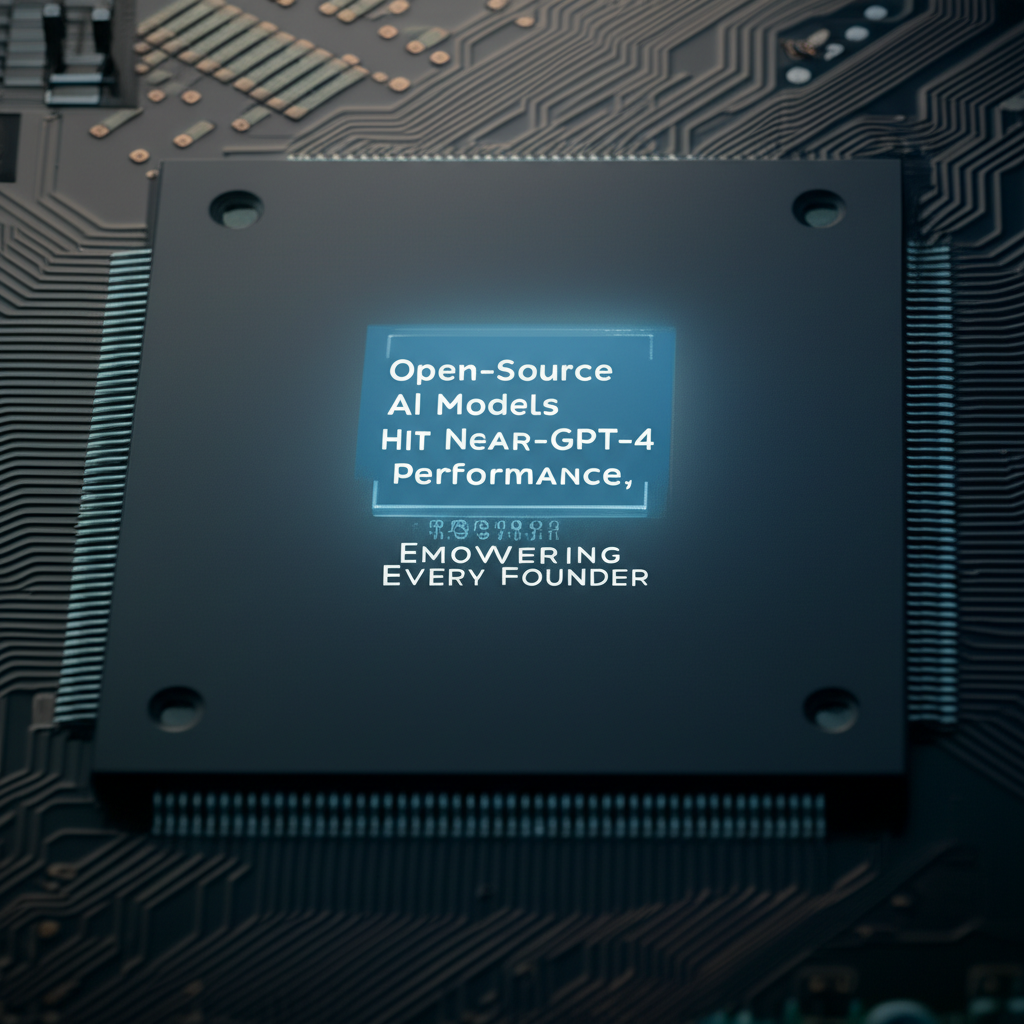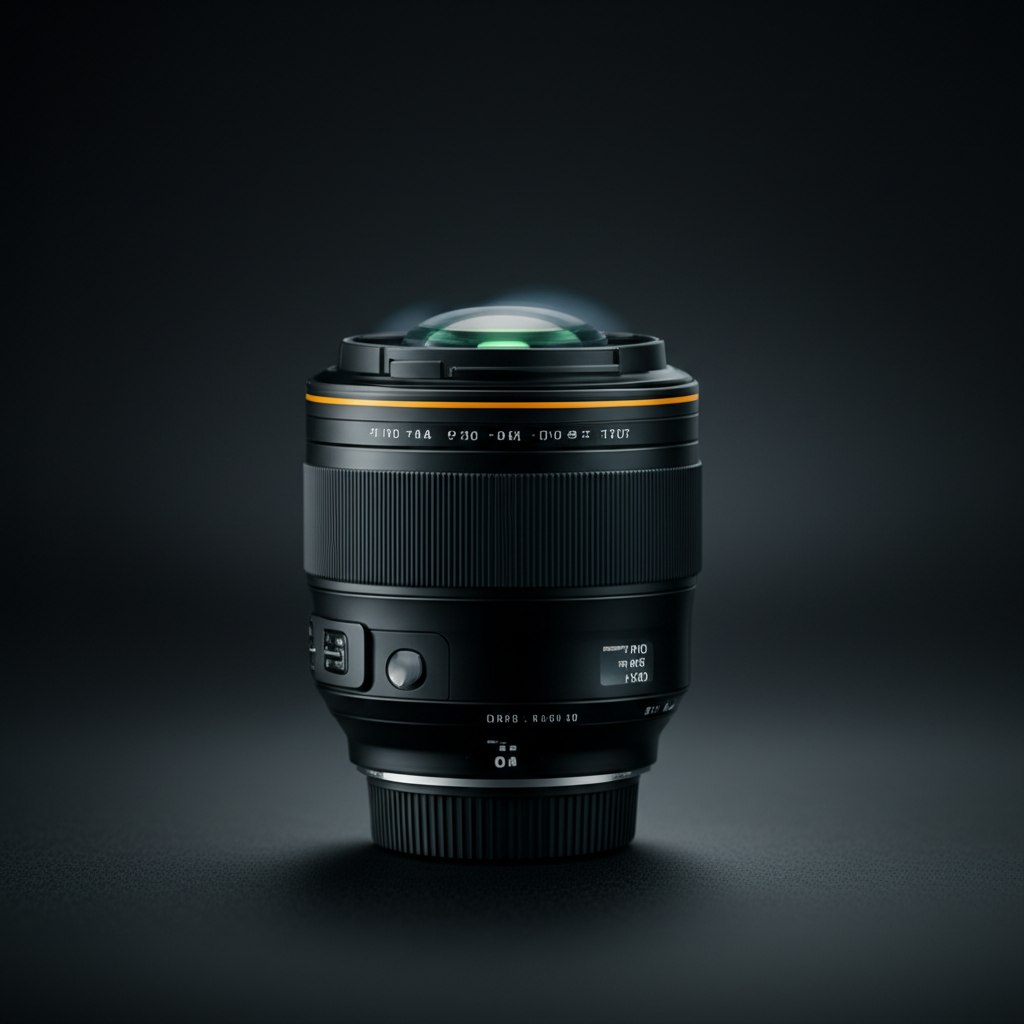Everyday Computing – An Easy Solution
Be it an i3 or a Ryzen 5, you can actually go for any processor for everyday computing work such as browsing the web, watching movies and casual gaming with Counter-Strike or Dota 2.
ssAny user would expect their browsers to be fast when online, keep multiple tabs open without slowing down and be able to watch 4K movies without any lag or hiccups.
Every aspect will be met by both processors but if you want to game on a budget, the APU processors from AMD Ryzen are a fantastic pick at a budget. With more threads, Intel excels at allowing you to do your daily computing work easily whereas Ryzen does the same with lots of core to choose from.
In most cases, you will hardly be able to tell the difference between an i5 processor and the Ryzen 5 during everyday usage.
They may slow down in some tasks while one might be faster than the other during certain operations but delving deep into it will not help much.
If you want a no-frills experience for daily usage, go with any processor but if gaming is on your cards, pick the APU processor.
Winner – Tie
The Big Verdict
In the past, the scene used to be quite different as Intel was dominating the scene with more powerful processors whereas the FX CPUs from AMD faltered a lot in terms of performance.
They did become equally competitive ever since Ryzen got launched and Thread-ripper took the fight directly to Intel Core i9 processors.
For the budget conscious gamer, AMD is an amazing choice and it’s also a viable option for video rendering and other processors that demand the usage of all cores available on a CPU.
Intel is an all-rounder, be it gaming, rendering or having two dozen tabs open at the same time while you are doing your research online.
If you love customizing your PC with different motherboards and cooler options, Intel should satisfy you better whereas
AMD has unique features in its MOBO offered by manufacturers. The AMD vs. Intel – which one is for you is purely dependent on your usage scenario,
budget and performance that you would expect from your PC.




